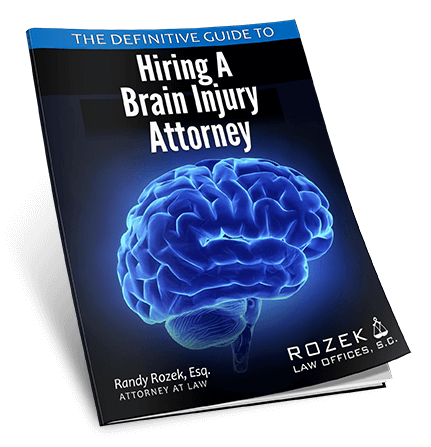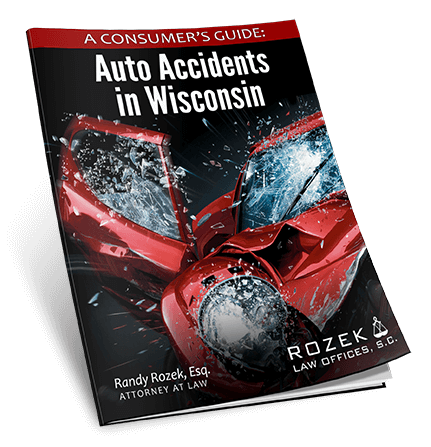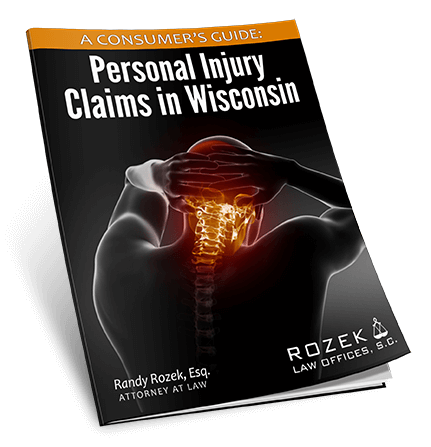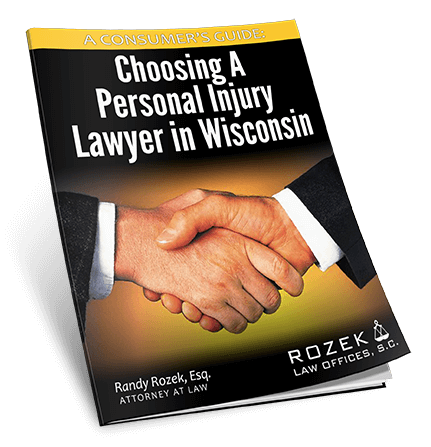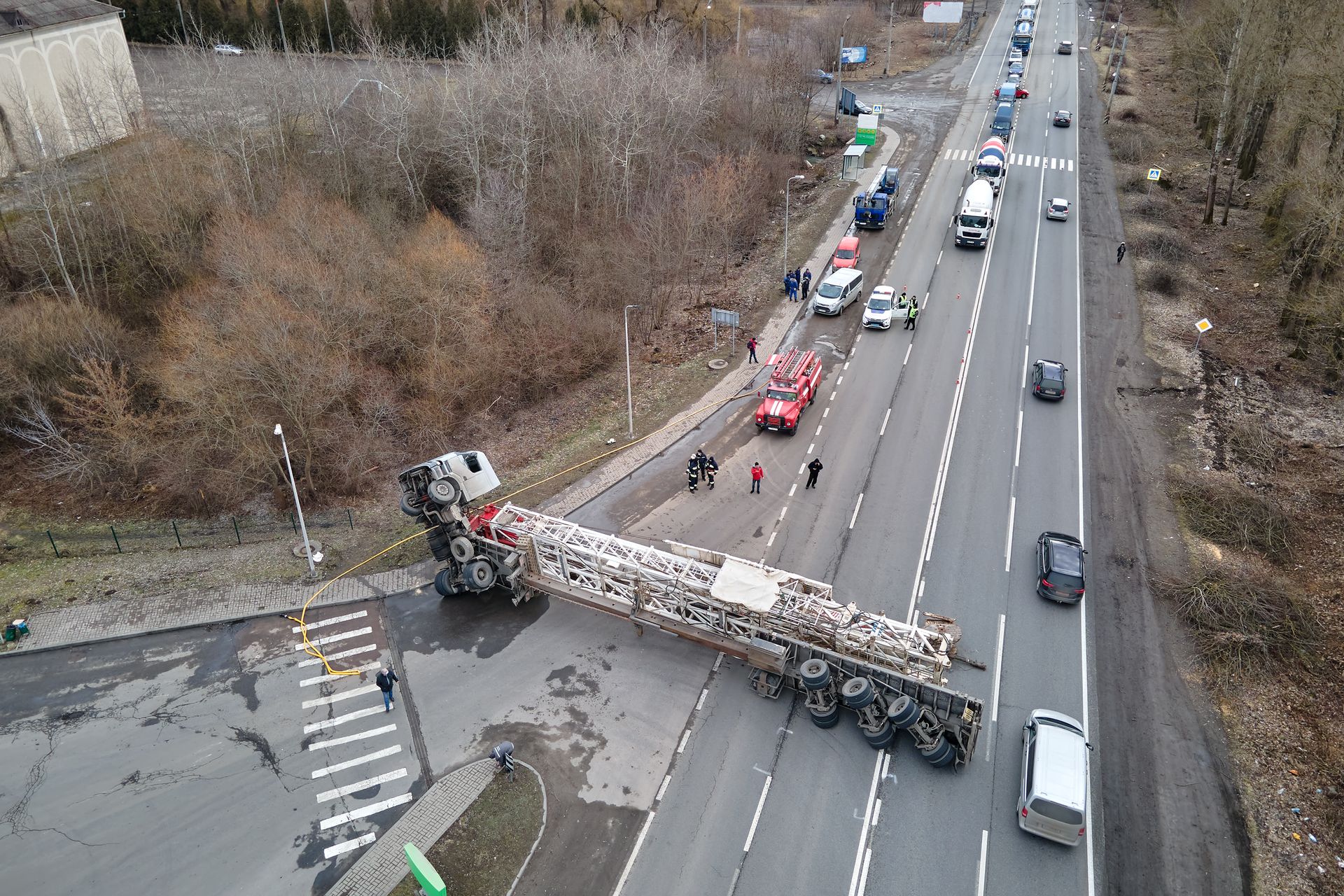Wrongful Death Lawyer
in Wisconsin
in Wisconsin

Wisconsin Wrongful Death Attorney
Wisconsin Wrongful Death Statutory Claim
- Medical expenses incurred as a result of the negligent act;
- Cemetery and funeral expenses;
- Financial loss, such as loss of wages and income that the surviving family would have received had it not been for the wrongful death. Under Wisconsin Wrongful Death Law, this is typically referred to as the loss of support and protection; and
- Loss of society and companionship, up to $350,000 for a deceased adult and $500,000 for a deceased minor.
- An action for wrongful death may be brought by the personal representative of the deceased person or by the person to whom the amount recovered belongs.
- If the deceased leaves surviving a spouse, and minor children under 18 years of age with whose support the deceased was legally charged, the court before whom the action is pending, or if no action is pending, any court of record, in recognition of the duty and responsibility of a parent to support minor children, shall determine the amount, if any, to be set aside for the protection of such children after considering the age of such children, the amount involved, the capacity and integrity of the surviving spouse, and any other facts or information it may have or receive, and such amount may be impressed by creation of an appropriate lien in favor of such children or otherwise protected as circumstances may warrant, but such amount shall not be in excess of 50% of the net amount received after deduction of costs of collection. If there are no such surviving minor children, the amount recovered shall belong and be paid to the spouse of the deceased; if no spouse survives, to the deceased’s lineal heirs as determined by s. 852.01; if no lineal heirs survive, to the deceased’s brothers and sisters. If any such relative dies before judgment in the action, the relative next in order shall be entitled to recover for the wrongful death. A surviving nonresident alien spouse and minor children shall be entitled to the benefits of this section. In cases subject to s. 102.29 this subsection shall apply only to the surviving spouse’s interest in the amount recovered. If the amount allocated to any child under this subsection is less than $10,000, s. 807.10 may be applied. Every settlement in wrongful death cases in which the deceased leaves minor children under 18 years of age shall be void unless approved by a court of record authorized to act hereunder.
- If separate actions are brought for the same wrongful death, they shall be consolidated on motion of any party. Unless such consolidation is so effected that a single judgment may be entered protecting all defendants and so that satisfaction of such judgment shall extinguish all liability for the wrongful death, no action shall be permitted to proceed except that of the personal representative.
- Judgment for damages for pecuniary injury from wrongful death may be awarded to any person entitled to bring a wrongful death action. Additional damages not to exceed $500,000 per occurrence in the case of a deceased minor, or $350,000 per occurrence in the case of a deceased adult, for loss of society and companionship may be awarded to the spouse, children or parents of the deceased, or to the siblings of the deceased, if the siblings were minors at the time of the death.
- If the personal representative brings the action, the personal representative may also recover the reasonable cost of medical expenses, funeral expenses, including the reasonable cost of a cemetery lot, grave marker and care of the lot. If a relative brings the action, the relative may recover such medical expenses, funeral expenses, including the cost of a cemetery lot, grave marker and care of the lot, on behalf of himself or herself or of any person who has paid or assumed liability for such expenses.
- Where the wrongful death of a person creates a cause of action in favor of the decedent’s estate and also a cause of action in favor of a spouse or relatives as provided in this section, such spouse or relatives may waive and satisfy the estate’s cause of action in connection with or as part of a settlement and discharge of the cause of action of the spouse or relatives.
- Damages found by a jury in excess of the maximum amount specified in sub. (4) shall be reduced by the court to such maximum. The aggregate of the damages covered by subs. (4) and (5) shall be diminished under s. 895.045 if the deceased or person entitled to recover is found negligent.
Wisconsin Survivorship Claim
Under Wisconsin law, a deceased individual’s estate is entitled to recovery for the conscious pain and suffering experienced by the deceased from the time of the injury up until the time of death. This is referred to as a survivorship claim. Unlike Wisconsin Wrongful Death Claims, there are no limits on the amount of damages that can be awarded for Wisconsin Survivorship Claims. Experienced Wisconsin Personal Injury Attorneys can usually successfully convince a jury to award significant amounts for survivorship claims.
Pain and suffering in Wisconsin Survivorship Claims include the physical pain and suffering, as well as the fear of impending death in the minutes or seconds leading up to death. Jurors are instructed to consider all of the following:
- the nature, extent, and duration of all physical pain and suffering; and
- any mental anguish, apprehension, discomfort or sorrow
If you have lost a loved one due to the negligence of another, be sure to contact an experienced Wisconsin Wrongful Death Attorney.


